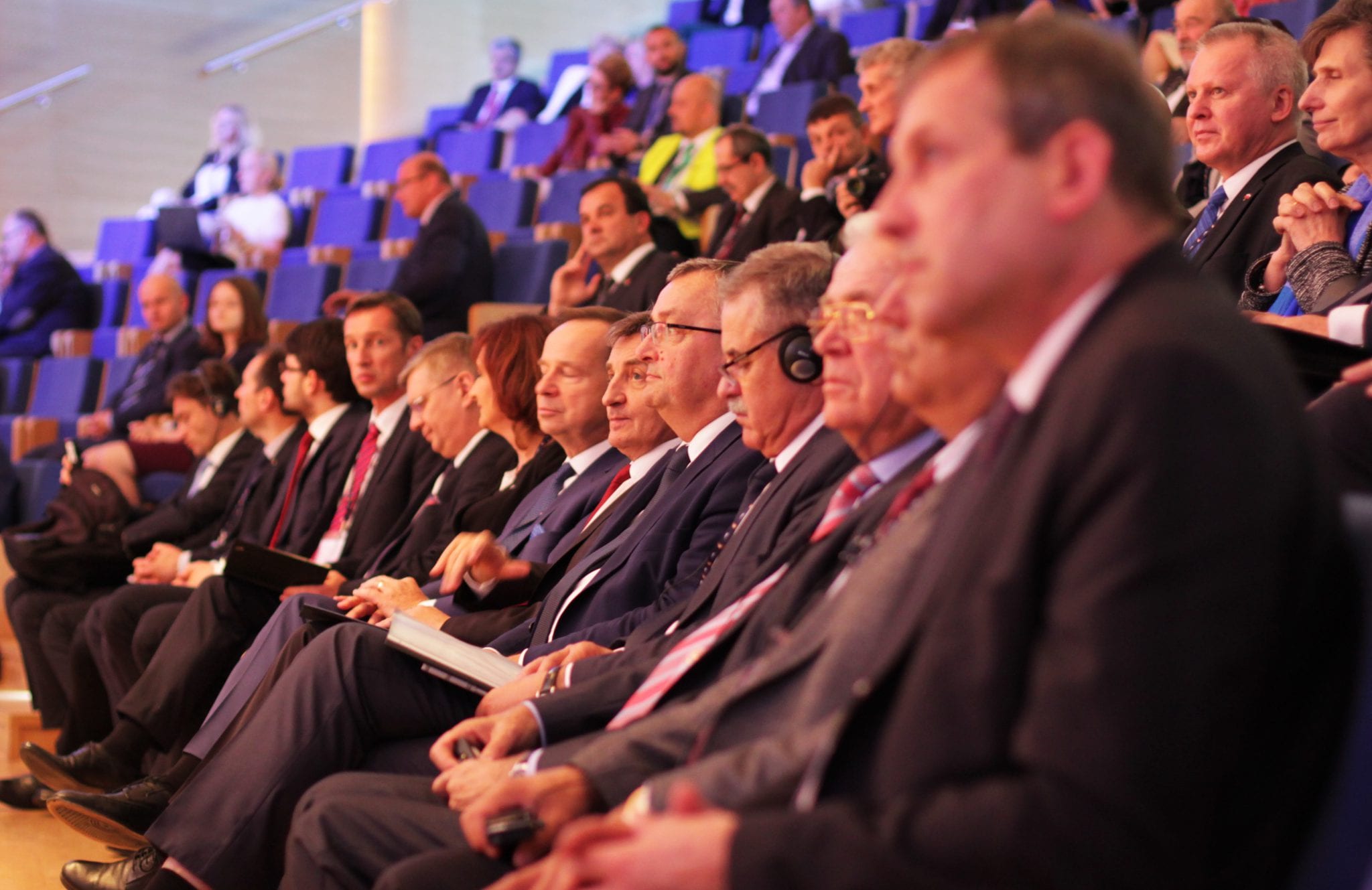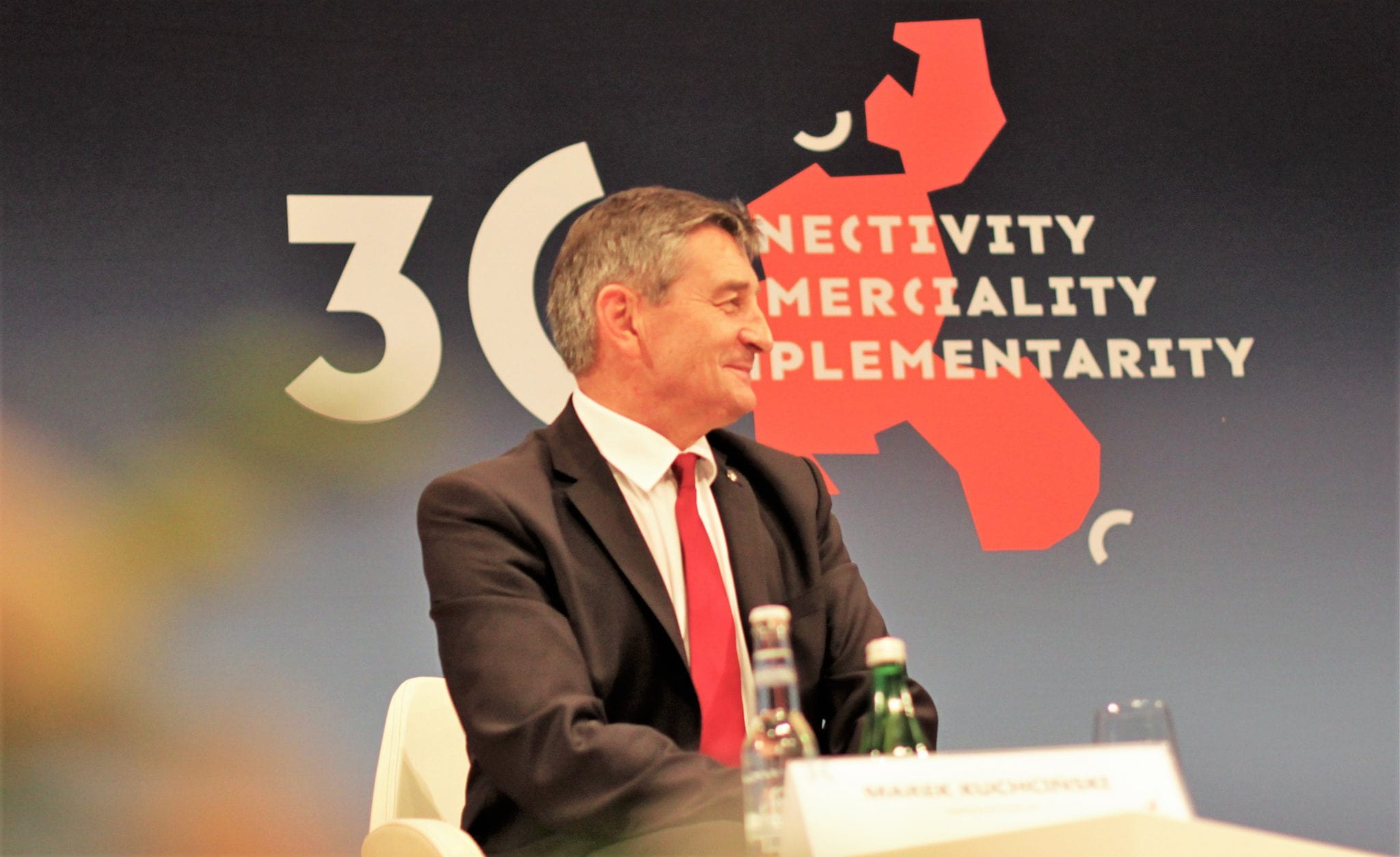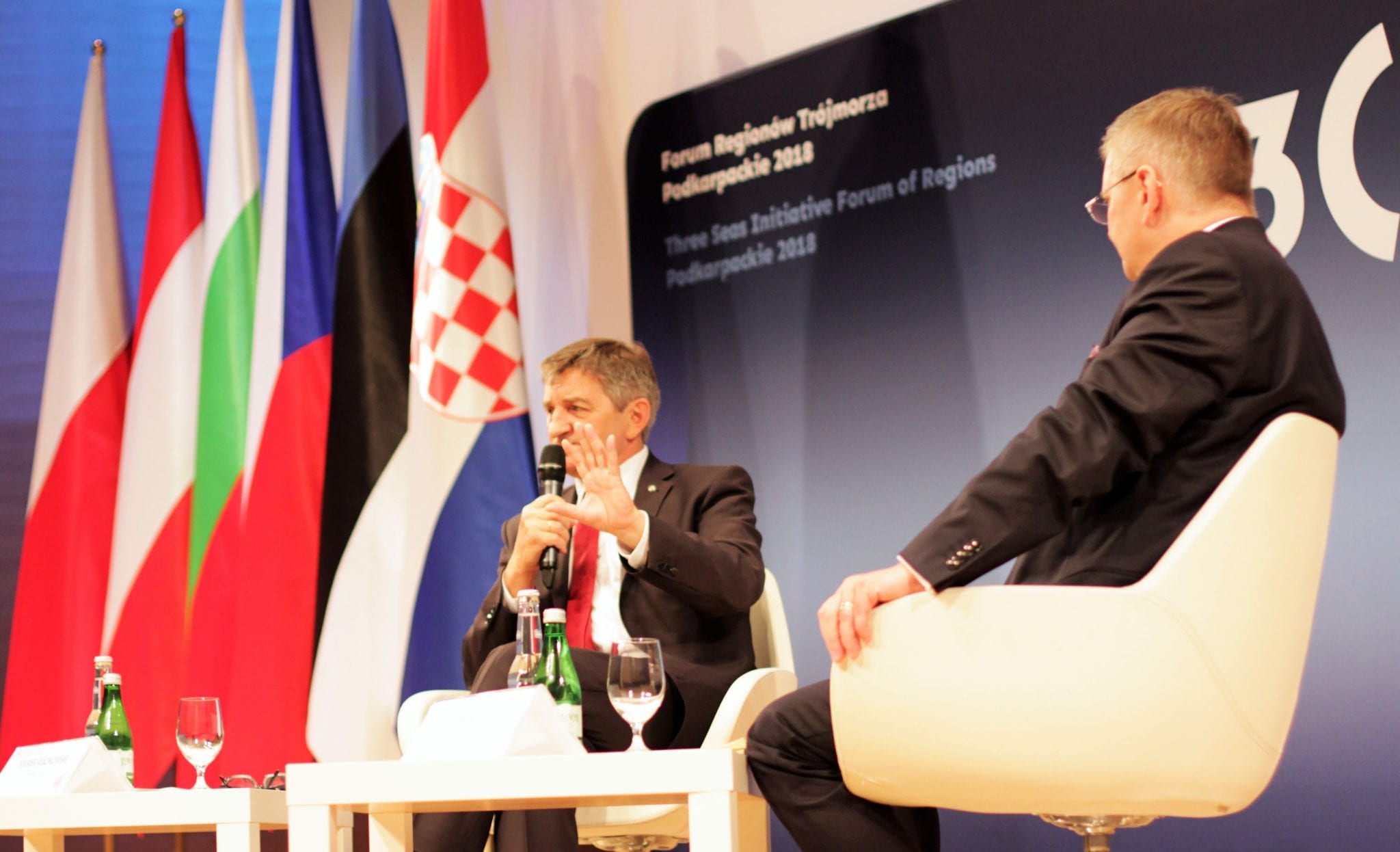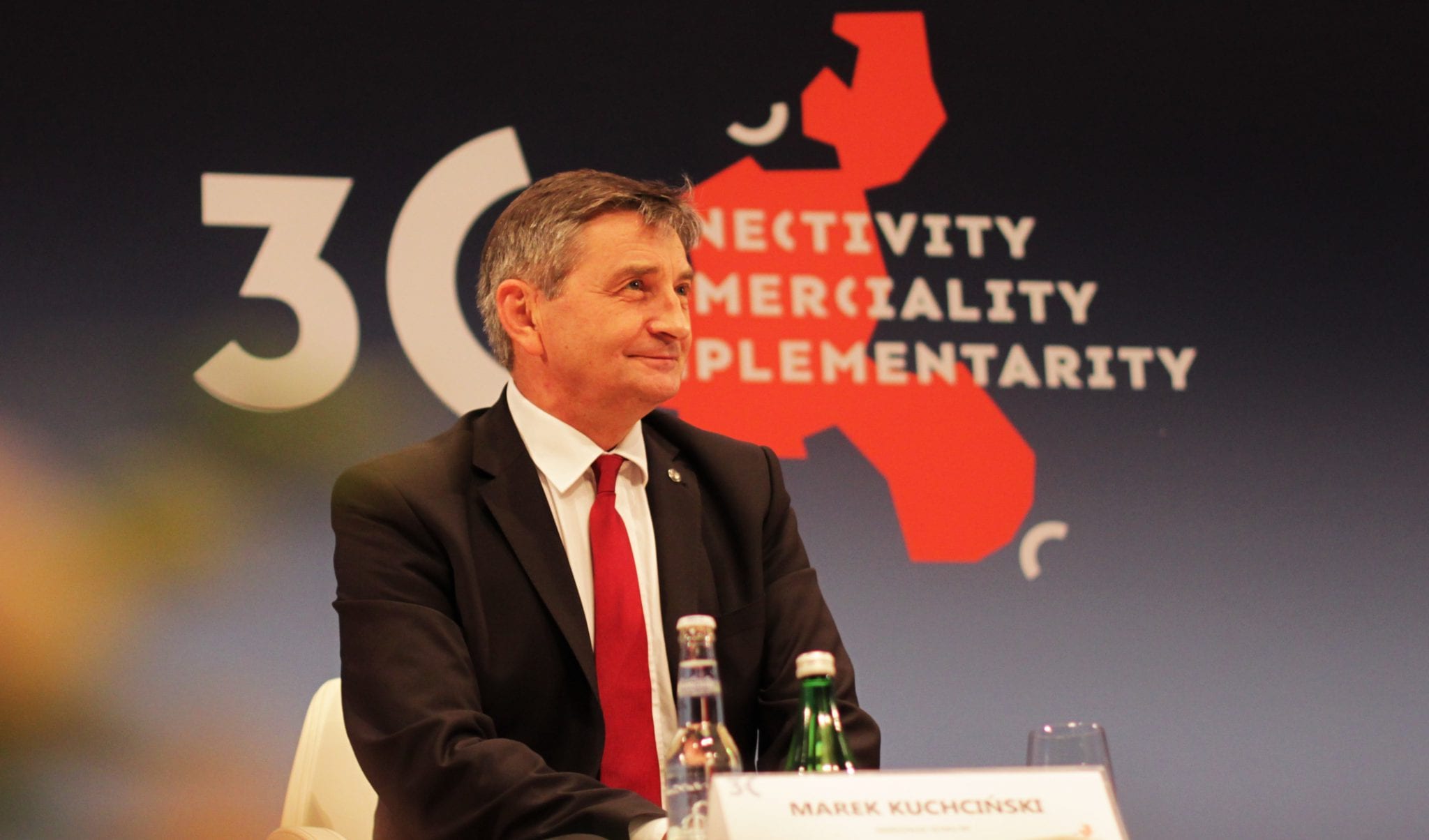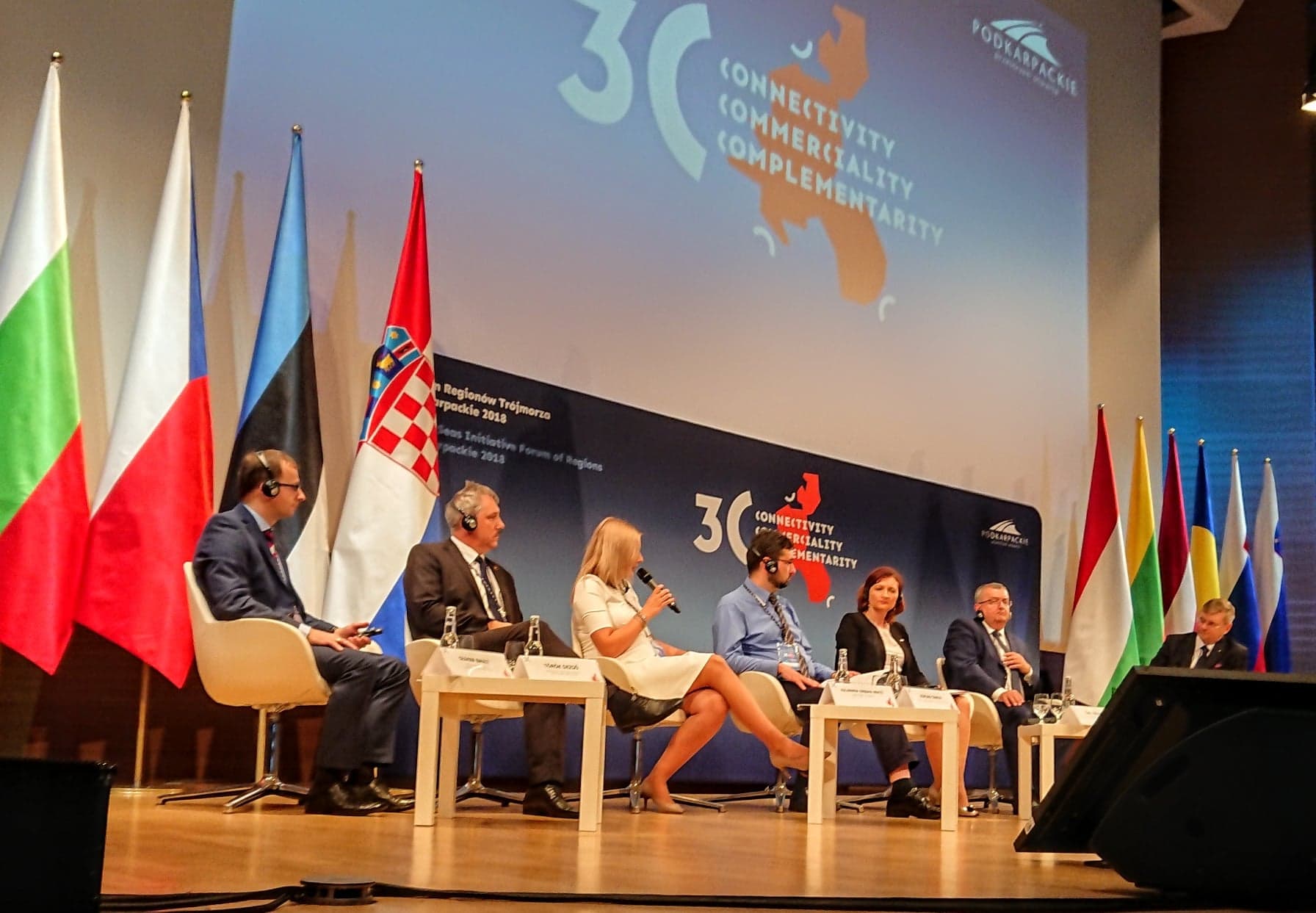We are opening a new stage of cooperation in Central Europe - from the Baltic Sea to the Balkans - said during the Tri-Central Europe Forum in Jasionka near Rzeszow, Speaker of the Sejm Marek Kuchciński. - The role of parliaments is an element that accelerates, strengthens, encourages, sanctions and legitimizes - Kuchciński emphasized. - Parliamentary cooperation is like an intercellular fluid - he said. - It facilitates development policy, encourages decision-making by governments - argued the Speaker. Kuchciński announced the establishment of the Tri-Camora Parliamentary Assembly, to which Ukraine and Moldova would also be invited. He emphasized the similar history, cultural diversity and mutual trust between the countries of the region and the power of unification. - By working together we can meet challenges more cheaply, we have the power to make things happen in relation to the EU, as the Visegrad Group has proved in recent days, and together with the Balkans we can do more, that is why we need to raise the importance of national parliaments so that we can be partners in relation to the parliaments of the rich countries of the European Union - he argued.
Most attention during the forum was devoted to the Via Carpatia transport route, which goes beyond the framework of the Tri-City, but is one of the most important elements in its infrastructural development. - In comparison with Western Europe our connections are 10 times less efficient. Tri-City needs a modern transport route, connecting all critical points of the member states of the agreement. Via Carpatia is the engine of development. Where there are highways, there is a good development policy - said Kuchciński.
According to the Speaker of the Sejm, railroad or sea connections are also important. Hence the Hungarian initiative of fast railroad Warsaw-Budapest-Belgrade (through Cracow, Brno and Bratislava). From the point of view of inland navigation, no less important is the project of creating the Danube-Oder-Elbe Canal, connecting the basins of the Baltic Sea and the Black Sea. This project, combined with the construction of the Silesian Canal, the revitalization of the existing Upper Vistula waterway and the construction of the Niepołomice barrage, would make it possible to deliver goods to Cracow and many other cities.
The Trilateral Forum is an attempt to graft an international economic and political initiative bringing together 12 European countries located near the Baltic, Black and Adriatic Seas, which include: Austria, Bulgaria, Croatia, Czech Republic, Estonia, Hungary, Latvia, Lithuania, Poland, Romania, Slovakia and Slovenia, to the local area and focus on cross-border activities. In 2015, on the initiative of the presidents of Poland and Croatia, Andrzej Duda and Kolinda Grabar-Kitarović, the Trilateral Group was established and holds annual summits.
The Forum was opened by the President of the Republic of Poland Andrzej Duda. It was also attended by the Head of the Permanent Committee of the Council of Ministers Jacek Sasin, Deputy Head of the Chancellery of the President Paweł Mucha and the Minister of Infrastructure Andrzej Adamczyk.
text/ photo M. Olejnik
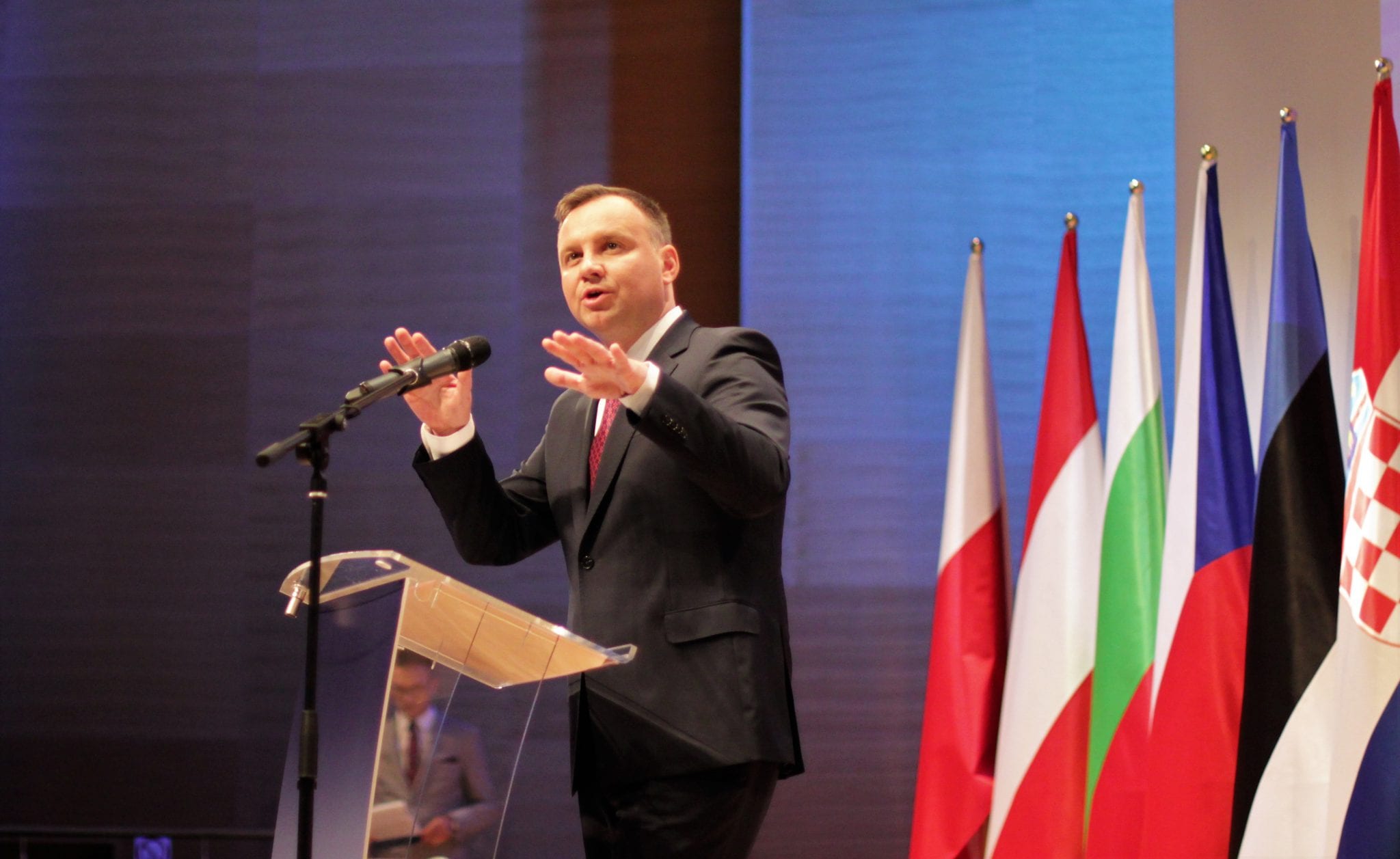 During the Forum President Andrzej Duda signed an agreement on the creation of the Tri-City Regions Observatory, which will collect statistical data on the countries in the region and which will be used by entrepreneurs, local government officials, politicians, universities and NGOs
During the Forum President Andrzej Duda signed an agreement on the creation of the Tri-City Regions Observatory, which will collect statistical data on the countries in the region and which will be used by entrepreneurs, local government officials, politicians, universities and NGOs 